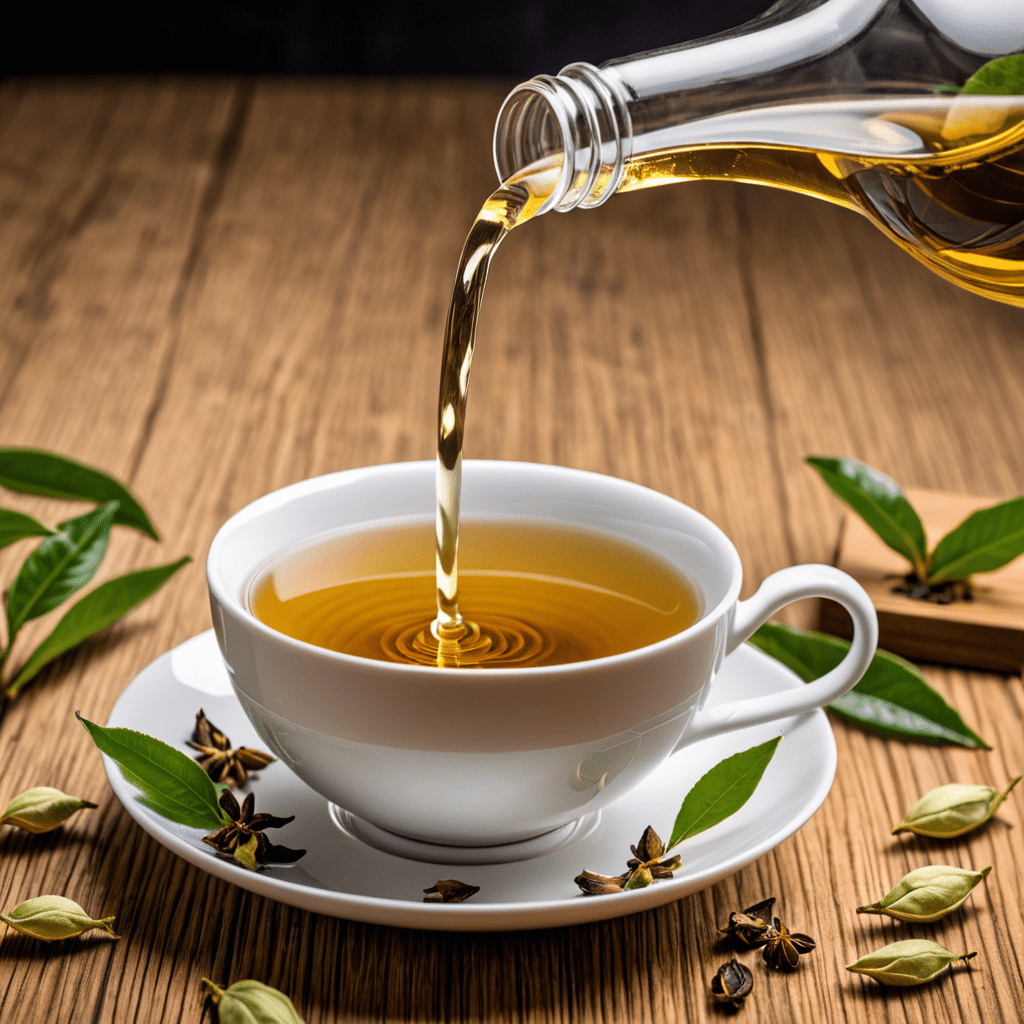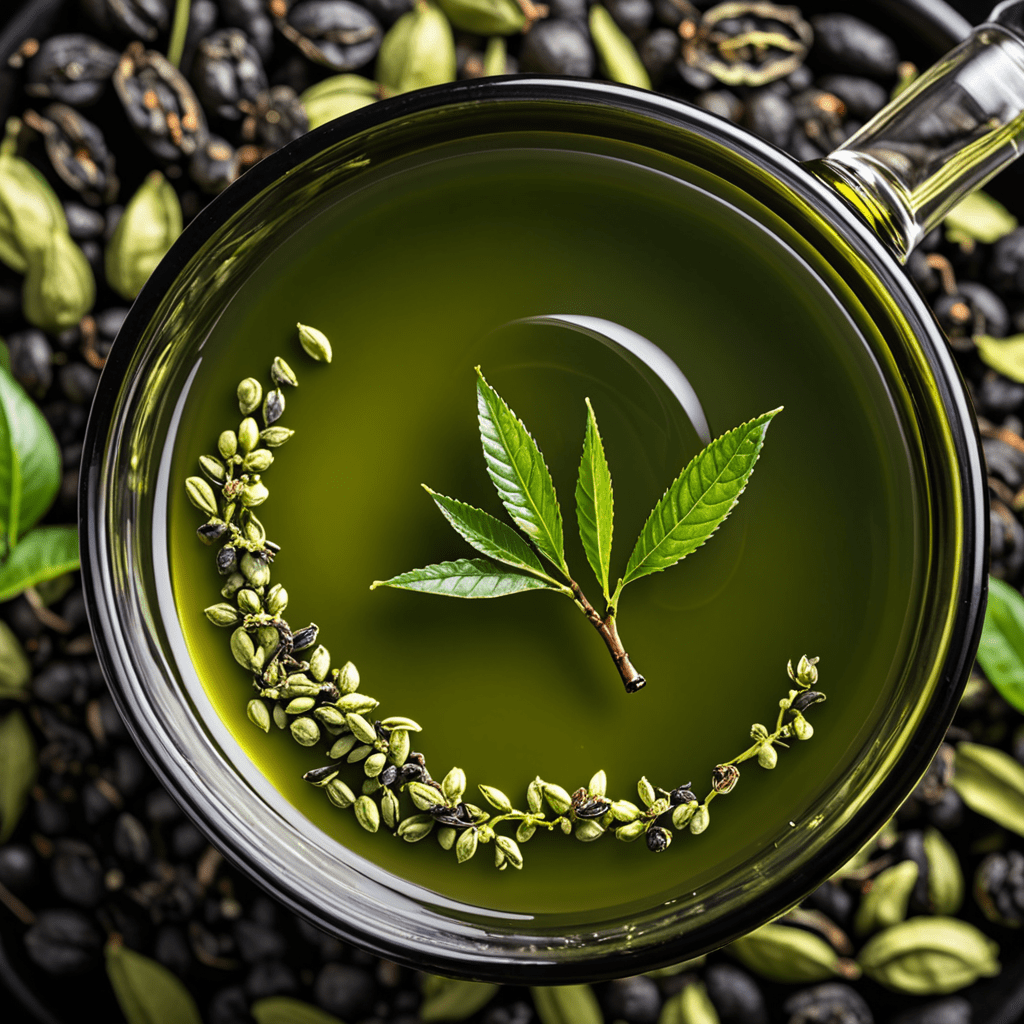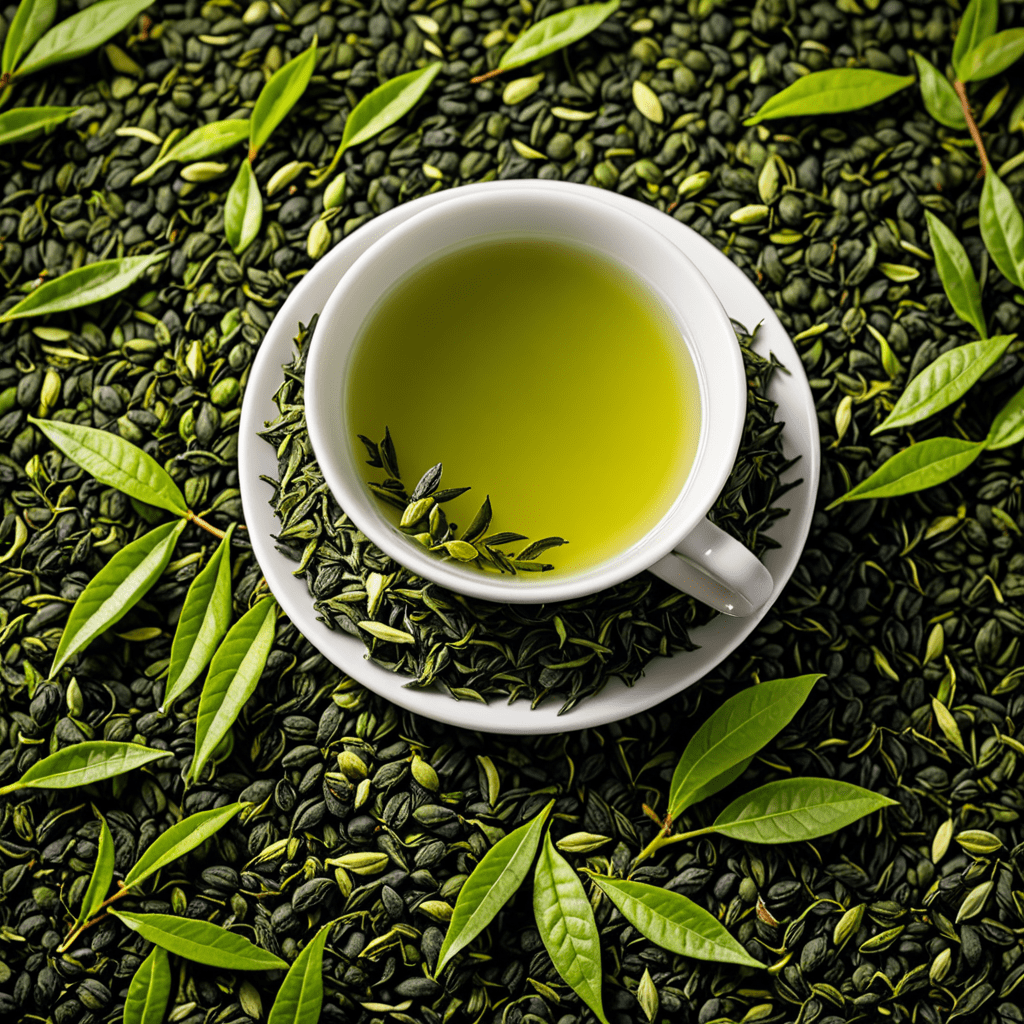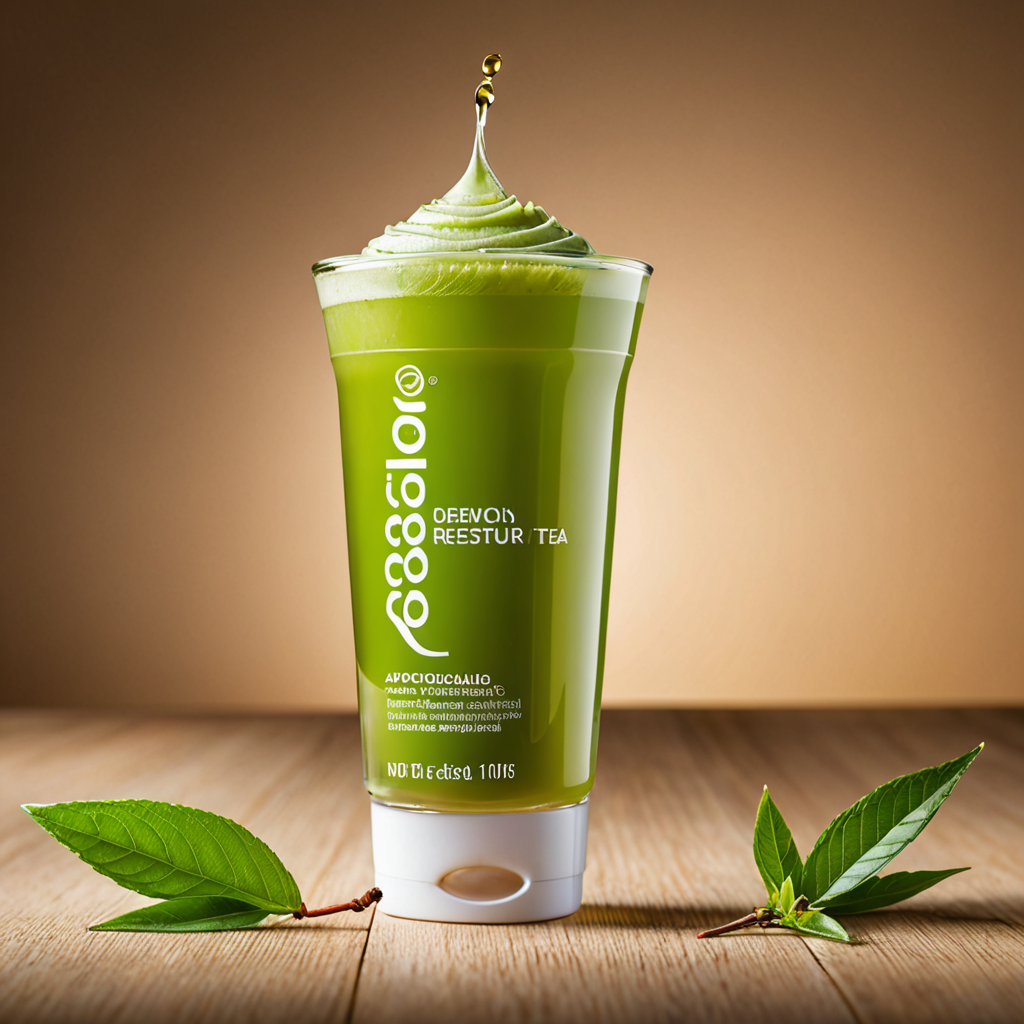White Tea: Understanding Its Caffeine Content
Introduction to White Tea
White tea is a type of tea made from the young leaves and buds of the Camellia sinensis plant. It is known for its delicate flavor and subtle sweetness. Unlike black or green tea, white tea undergoes minimal processing, which helps it retain more of its natural characteristics. One of the key aspects that tea enthusiasts and health-conscious individuals consider when choosing their tea is its caffeine content.
What Sets White Tea Apart?
White tea is distinct from other types of tea due to its minimal processing. The leaves of white tea are often simply withered and dried. This minimal processing means that white tea retains a higher percentage of its natural antioxidants, polyphenols, and other beneficial compounds. In addition, it contains lower levels of caffeine compared to black and green tea, making it a popular choice for those looking to reduce their caffeine intake.
Understanding White Tea’s Caffeine Content
Despite being a source of caffeine, white tea typically contains less caffeine than black tea or green tea. The caffeine content in white tea can vary depending on factors such as the specific variety of white tea, the processing method, and the brewing time and temperature. Generally, a cup of white tea contains approximately 15-30 mg of caffeine, significantly lower than the caffeine content in a cup of coffee. This moderate caffeine content makes white tea a suitable choice for individuals seeking a gentler energy boost.
Health Benefits of White Tea
Besides its caffeine content, white tea is valued for its potential health benefits. Its high antioxidant content has been linked to various health advantages, including improved heart health, enhanced immune function, and potential cancer-fighting properties. With its lower caffeine levels and high antioxidant content, white tea offers a unique blend of health-promoting compounds.
Factors Affecting Caffeine Content
Several factors can influence the caffeine content in white tea. The specific cultivar of the tea plant, the age of the leaves, and the growing conditions all play a role. Additionally, the brewing process, such as water temperature and steeping time, can influence the release of caffeine from the tea leaves. Understanding these factors can help individuals make informed choices about their white tea consumption.
Conclusion: Enjoying White Tea
White tea offers a delicate flavor profile and a lower caffeine content, making it an appealing choice for tea enthusiasts who prefer a mild energy boost. With its potential health benefits and the unique characteristics resulting from its minimal processing, white tea stands out in the world of tea. Understanding its caffeine content empowers individuals to make informed decisions about incorporating white tea into their daily routine.
White Tea Caffeine Content FAQs
What is white tea?
White tea is a type of tea made from young or minimally processed tea leaves. It is known for its delicate flavor and subtle sweetness.
How much caffeine does white tea contain?
White tea generally contains the least amount of caffeine compared to other types of tea. On average, it contains about 15-20 milligrams of caffeine per 8-ounce cup.
Why does white tea have lower caffeine content?
White tea is made from young tea leaves and undergoes minimal processing, which results in lower caffeine levels compared to green or black tea. The leaves are often simply steamed and dried, preserving their natural characteristics.
Is white tea suitable for people sensitive to caffeine?
Due to its lower caffeine content, white tea is often a preferred choice for individuals sensitive to caffeine. It provides a milder energy boost without the jitters often associated with higher caffeine beverages.
Does the caffeine content vary among different white tea varieties?
Yes, the caffeine content can vary slightly depending on factors such as the specific variety of white tea and the brewing method used. However, it generally remains lower compared to other tea types.



